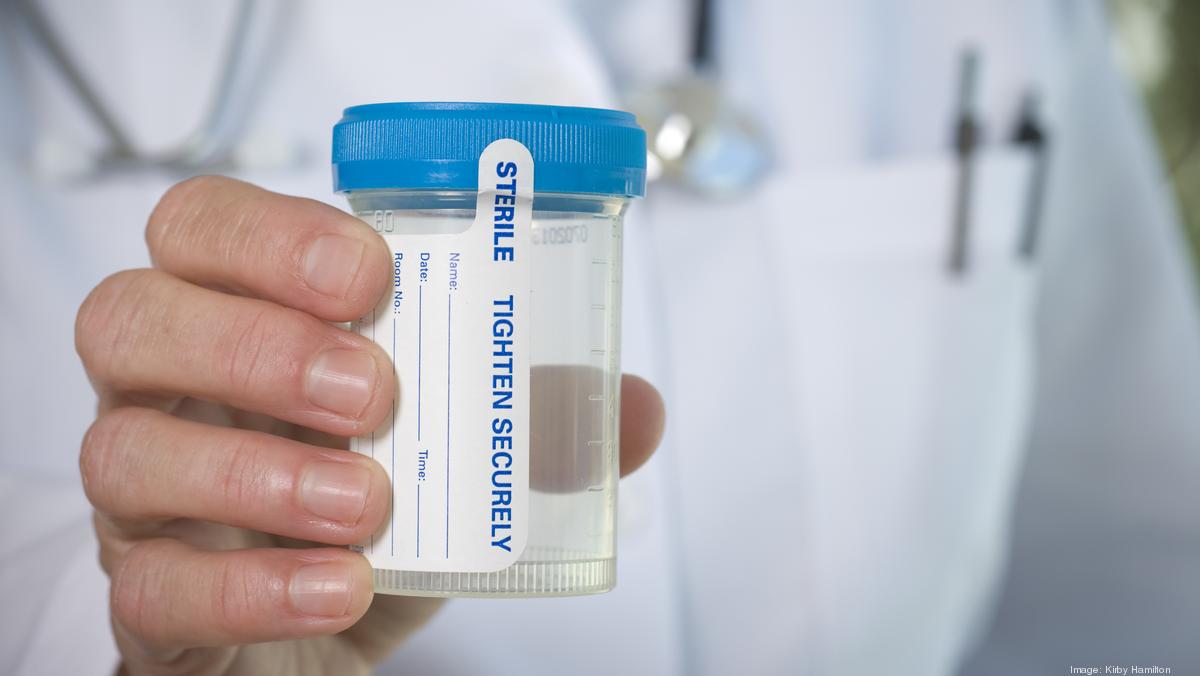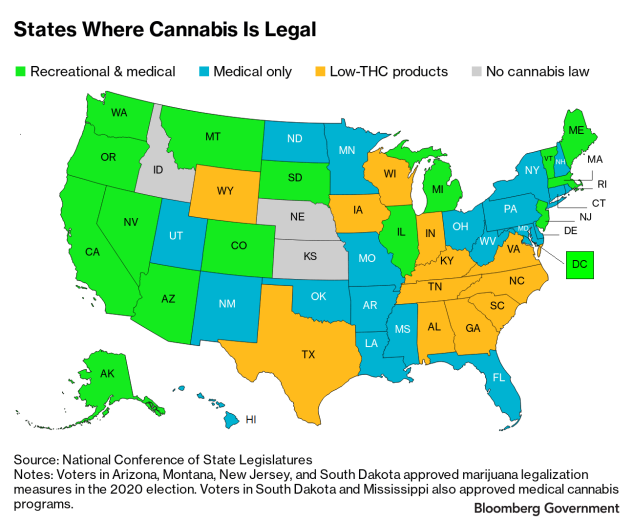

§ 1904.35(b)(1)(iv) does not prohibit workplace safety incentive programs or post-incident drug testing. § 1904.35(b)(1)(iv). In the preamble to the final rule and post-promulgation interpretive documents, OSHA discussed how the final rule could apply to action taken under workplace safety incentive programs and post-incident drug testing policies.The purpose of this memorandum is to clarify the Department’s position that 29 C.F.R. § 1904.35(b)(1)(iv)On May 12, 2016, OSHA published a final rule that, among other things, amended 29 C.F.R. § 1904.35 to add a provision prohibiting employers from retaliating against employees for reporting work-related injuries or illnesses.
Reasonable Suspicion Drug Testing Guidelines Free Month Or
Rate-based incentive programs are also permissible under § 1904.35(b)(1)(iv) as long as they are not implemented in a manner that discourages reporting. One type of incentive program rewards workers for reporting near-misses or hazards, and encourages involvement in a safety and health management system. Positive action taken under this type of program is always permissible under § 1904.35(b)(1)(iv). Another type of incentive program is rate-based and focuses on reducing the number of reported injuries and illnesses. This type of program typically rewards employees with a prize or bonus at the end of an injury-free month or evaluates managers based on their work unit’s lack of injuries. § 1904.35(b)(1)(iv) if the employer took the action to penalize an employee for reporting a work-related injury or illness rather than for the legitimate purpose of promoting workplace safety and health.Incentive programs can be an important tool to promote workplace safety and health.
a mechanism for accurately evaluating employees’ willingness to report injuries and illnesses.In addition, most instances of workplace drug testing are permissible under § 1904.35(b)(1)(iv). a training program for all employees to reinforce reporting rights and responsibilities and emphasizes the employer’s non-retaliation policy an incentive program that rewards employees for identifying unsafe conditions in the workplace
If the employer chooses to use drug testing to investigate the incident, the employer should test all employees whose conduct could have contributed to the incident, not just employees who reported injuries.To the extent any other OSHA interpretive documents could be construed as inconsistent with the interpretive position articulated here, this memorandum supersedes them. This includes: Drug testing to evaluate the root cause of a workplace incident that harmed or could have harmed employees. Department of Transportation rule. Drug testing under other federal law, such as a U.S. Drug testing under a state workers’ compensation law. Drug testing unrelated to the reporting of a work-related injury or illness.

§ 1904.35(b)(1)(iv) in a manner consistent with this memorandum and shall consult DEP before issuing any citations under this provision related to workplace safety incentive programs or post-incident drug testing.


 0 kommentar(er)
0 kommentar(er)
